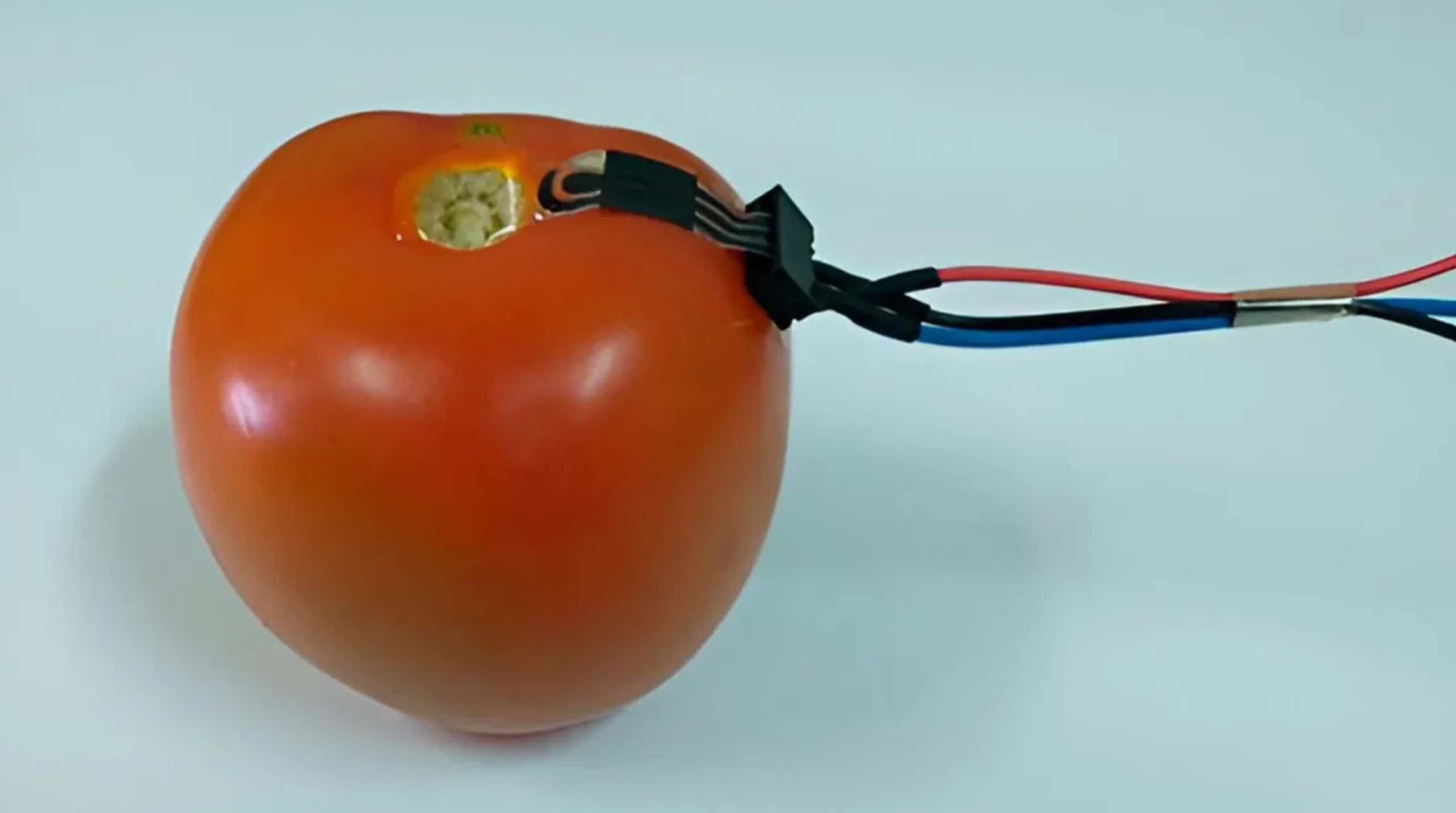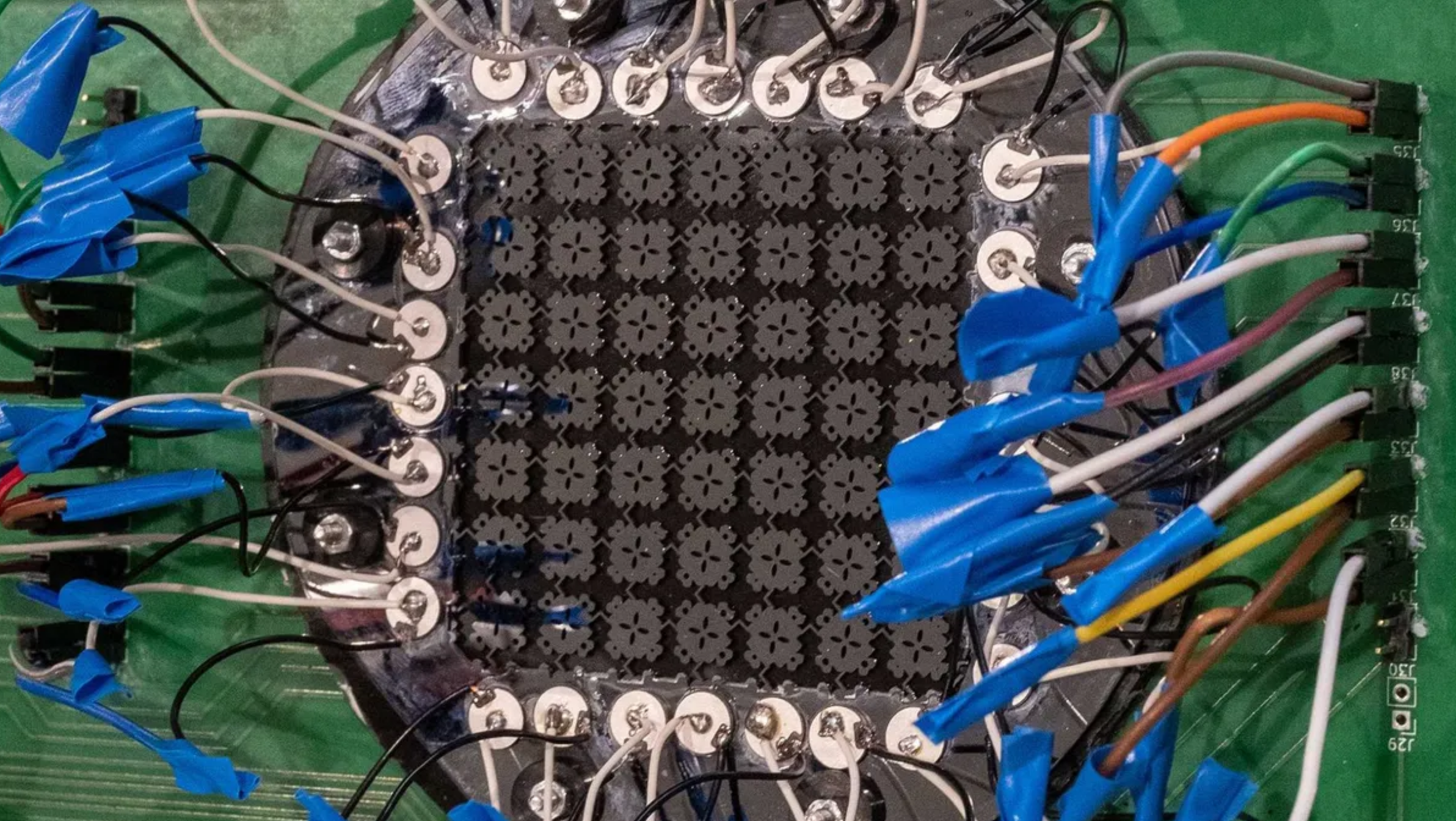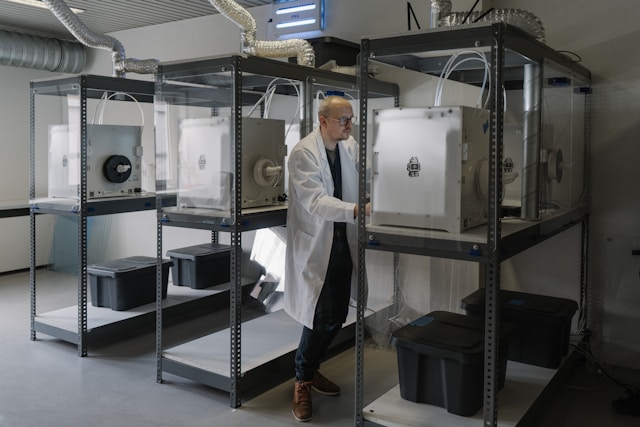To make our Earth a tolerable place for humans to live, we need to keep a check on environmental issues such as global warming and climate change.
Although we are shifting to renewable energy sources to reduce CO2 emissions, that is not enough. The need of the hour is the massive deployment of carbon capture and storage technologies. However, the high cost involved in commercial capture technologies is the biggest constraint to its widespread use.
Now, U.S. Department of Energy’s Pacific Northwest National Laboratory (PNNL) researchers have developed the most affordable carbon capture system to date.
Their innovative system not only captures the CO2 efficiently but also converts it into methanol.
Methanol is one of the world’s most widely used chemicals. It is used as a fuel, solvent, and also as a vital ingredient in plastics, paint, and car parts.
PNNL chemist David Heldebrant, said, “That’s essentially what we’re trying to do here,”
“Instead of extracting oil from the ground to make these chemicals, we’re trying to do it from CO2 captured from the atmosphere or from coal plants, so it can be reconstituted into useful things. You’re keeping carbon alive, so to speak, so it’s not just ‘pull it out of the ground, use it once, and throw it away.’ We’re trying to recycle the CO2, much like we try to recycle other things like glass, aluminum, and plastics.”
PNNL-developed system is designed to capture CO2 molecules as they are emitted from power plants and factories, such as iron and steel manufacturing facilities.
Although the technology seems very promising, much more work is required before it is ready for commercial deployment.
Casie Davidson, manager for PNNL’s Carbon Management and Fossil Energy market sector, said, “the team’s integrated approach opens up a world of new CO2 conversion chemistry. There’s a sense that we’re standing on the threshold of an entirely new field of scalable, cost-effective carbon tech. It’s a very exciting time,”







